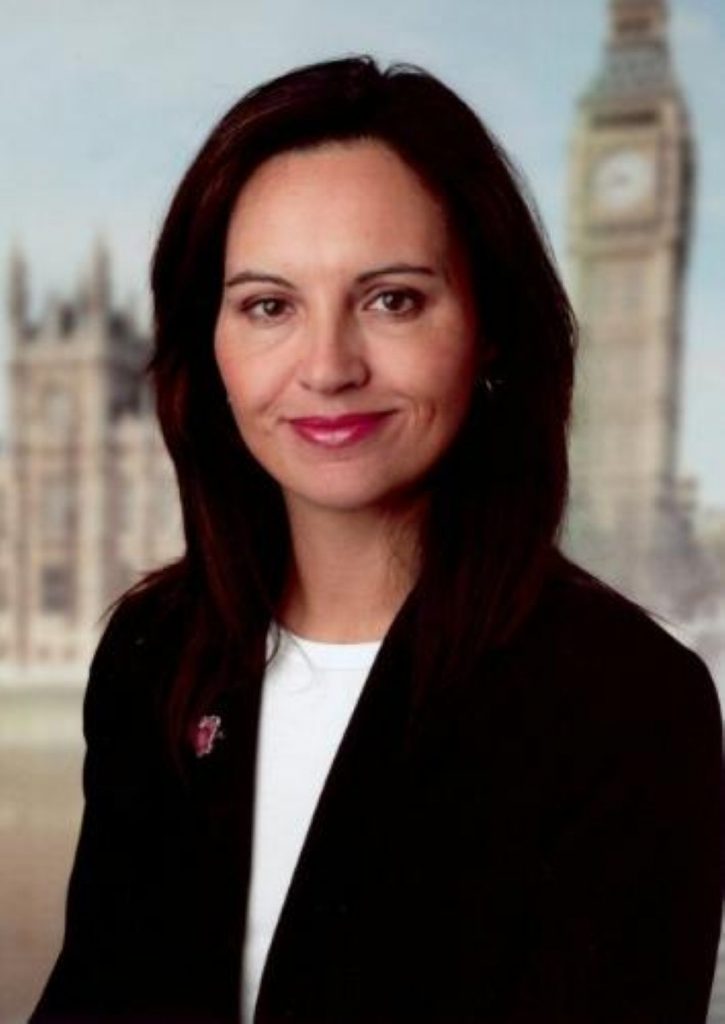New ‘fitness minister’ to get Britons into shape
Caroline Flint has been appointed a new minister for fitness, to coordinate the government’s efforts to tackle public health and rising obesity.
Reporting to the health secretary, she will work with the departments for culture, local government, transport and education to help individuals increase their physical activity.
Official figures due to be released on Friday suggest that unless action is taken to improve the general population’s fitness by 2010, one third of adult men will be clinically obese, up from 22 per cent in 2003.
Obesity already costs the economy about £7 billion, and the NHS about £7 billion. Smoking-related conditions cost about £1.7 billion to treat, and heart disease costs nearly £8 billion in health costs and lost work.


At the start of the summer, Tony Blair launched a new drive to get people to take responsibility for their own health, and his appointment of a specific minister to deal with the problem is a recognition that this requires cross-governmental efforts.
“Part of this is about what people can do for themselves, and people have to make their choices,” Ms Flint told BBC Radio Four’s Today.
“I think that we do have a role in government and I have been given a particular role in looking across government departments as to how we can better look at the policies we have.”
She added: “We are also looking at how we spend our money to enable people when they want to make choices to change aspects of their lifestyle to improve their health, whether that is in terms of physical activity or stopping smoking or improving their diet.”
One of the key aspects of getting people to improve their fitness is to ensure that sport and recreational facilities are accessible to all, but campaigners have warned that unless such facilities are free and inviting, they will not be used.
Speaking yesterday from Dorney Lake, near Windsor, where the 2012 Olympic rowing events will be held, Ms Flint insisted she was committed to taking action.
“The biggest gains to health and to the economy will be made by encouraging more physical activity among groups of people who don’t normally do any,” she said, and pledged to work with Sport England and private organisations to help achieve that.
She added: “We want to help people build physical activity into their daily routines and another approach could be encouraging more active travel.
“We know, for example, that one in five of all car journeys are less than one mile. If we could continue to encourage more people to travel by bicycle or on foot for these journeys we would overcome traffic congestion and improve health.”

